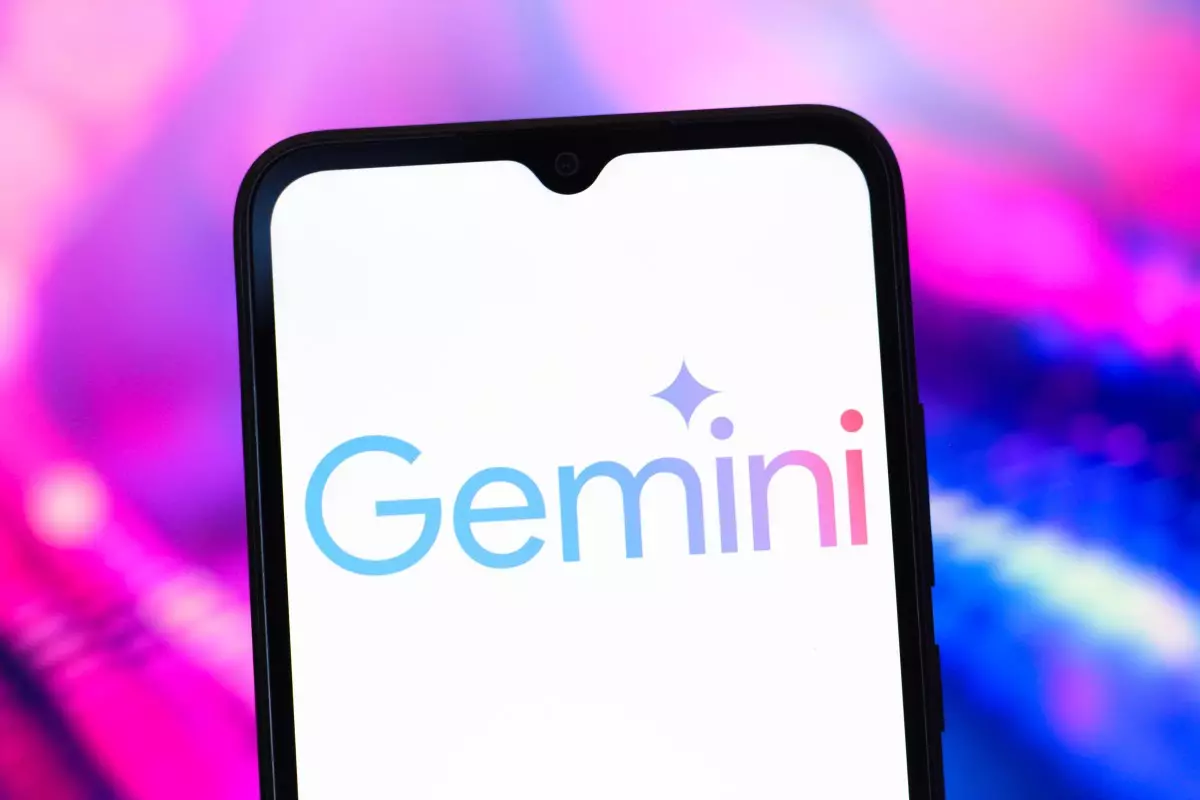In an exciting pivot for the digital assistant landscape, Google has announced that it will phase out Google Assistant in favor of its advanced artificial intelligence system, Gemini. This revelation comes as part of a broader strategy to enhance user interaction and accessibility across a range of devices. By transitioning away from Assistant, Google is signaling a commitment to harnessing cutting-edge technology to provide users with more intuitive and responsive virtual assistance. As this shift unfolds, it’s worth exploring how Gemini will transform our everyday digital interactions.
Understanding the Transformation
Google’s decision to migrate users to Gemini isn’t simply a matter of replacing an existing product; it’s about reimagining the way we engage with technology. The company has expressed its intent to upgrade millions of devices, including Android phones, tablets, and various smart devices, to seamlessly integrate with Gemini. The expectation here is not just about changing the nameplate but fundamentally enhancing the user experience. Gemini is geared towards delivering a more sophisticated set of features that could arguably take digital assistance to a new level.
The goal of this transformation aligns with the growing demand for AI-driven functionalities, which allow users to perform tasks more efficiently. This is particularly relevant as our reliance on smart devices continues to grow. For instance, features like music playback, timer support, and interactive actions from the lock screen are just the tip of the iceberg. They represent a more personalized and proactive approach to fulfilling user needs.
A Seamless Transition for Users
For many, the transition from Google Assistant to Gemini may raise questions about continuity. Google’s commitment to ensuring that Assistant remains operational during the transition alleviates concerns about usability. The company assures users that it will provide ample information and support throughout this period. As a result, users can gradually acclimate to Gemini’s functionalities rather than feeling abruptly disconnected from familiar features they have come to rely on.
This is vital, as user adoption hinges on how comfortable individuals feel with new technology. With the phased rollout, users will have the chance to explore more advanced capabilities at their pace, ensuring that the experience is not just a leap into the unknown but a stroll into an enhanced digital future.
The Bigger Picture: Competition and Innovation
Google’s transition to Gemini is also a fascinating reflection of the competitive landscape in the tech world. As companies strive to deliver ever-more sophisticated artificial intelligence, this move could be seen as a proactive measure to not only improve user satisfaction but to remain a leading figure in the market. By leveraging Gemini’s advanced features, Google positions itself at the forefront of innovation, potentially outpacing rivals who may still be tethered to older models of digital assistance.
Furthermore, by integrating Gemini into a wide array of devices—from smartphones to home speakers—Google enhances its ecosystem, creating a more cohesive user experience. This interconnectedness is not just beneficial for Google; it offers users a streamlined approach to digital multitasking in their personal and professional lives.
Ultimately, this shift represents not only a technical upgrade but also a philosophical change in how digital assistants should operate: as partners that enhance our daily lives through intelligent engagement and seamless integration. As we await further announcements from Google, one thing remains clear: the future of our digital experiences is becoming increasingly vibrant and personalized with Gemini at the forefront.

